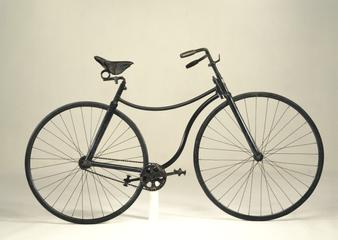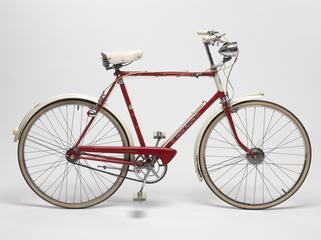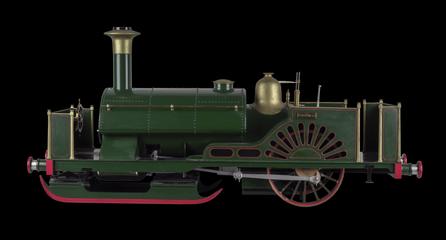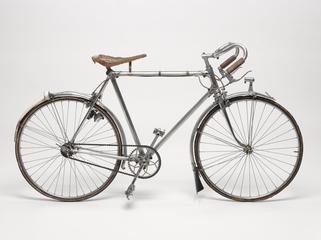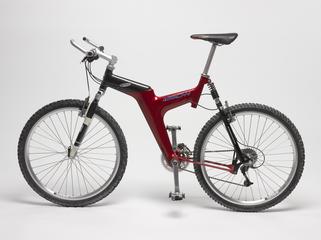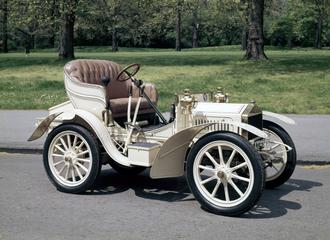


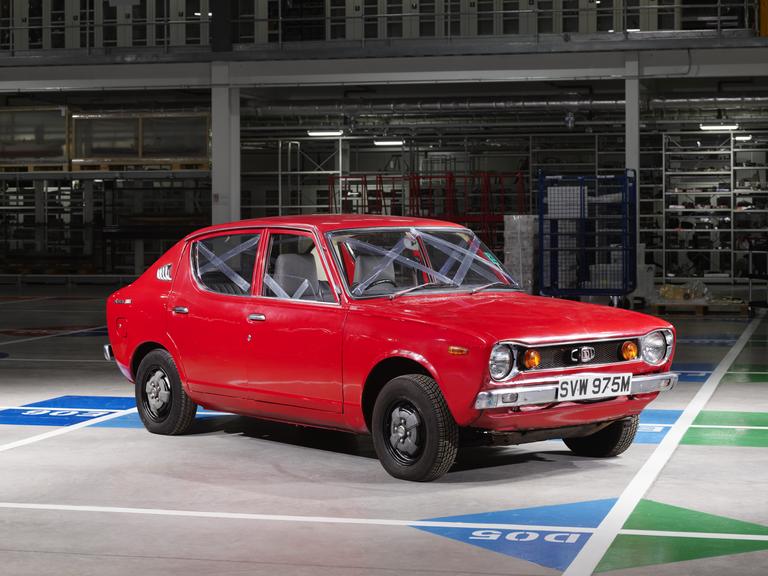

This Datsun Cherry 100A was built in 1974 in Yokohama by the Nissan Motor Company, before being imported to the UK.
This variant of Datsun Cherry 100A is a four-door saloon (two-door options were available) with front wheel drive and a front transverse engine. This engine was a 988cc inline-four engine which could produce 58 horsepower. This model of Datsun Cherry 100A came with a list of standard features and equipment, including: reversing lights, two-speed wipers, and electric windscreen washers. The Datsun is painted red and has registration plates with the ID: SVW975M.
The Datsun 100A is a front engine, front drive, four door saloon/supermini that was part of the first generation of ‘Nissan Cherrys / Datsun Cherrys’ designed and manufactured by the Nissan Motor Company between 1970-1977.
The first generation of Datsun Cherrys became very popular in the UK, with sales peaking at approximately 60,000 per year in 1973. By the time the Datsun Cherry 100A ceased production in 1977 they represented around 6% of the UK car market. This was significant because, until this point, no other imported car brand had been nearly as commercially successful.
One of the key reasons for this success was timing. During the 1970s the UK car market was struggling with workers strikes, alongside the increasingly unreliable reputation of UK-made cars. Nissan struck the UK market at an opportune moment with their line of reliable and fuel-efficient cars which were sold at aggressively competitive prices. Datsun cars quickly developed brand loyalty in the UK, despite the major criticism that they were highly susceptible to rusting.
The introduction and subsequent popularisation of Datsuns represented a turning point in the UK car market, notably altering British attitudes towards foreign car brands. Other non-UK car brands became increasingly popular and influential in the UK car market over the next few decades, and over time the centre of car manufacturing moved progressively outside of the UK, whose own brands slowly disappeared over time.
In the rest of the world, this car is called the Nissan Cherry E10, but for most of the 20th century Nissan chose to sell its cars in the European market under the name ‘Datsun’, an automobile brand they had acquired in 1935.
Details
- Category:
- Road Transport
- Object Number:
- 2004-3
- Materials:
- steel (metal), rubber (unidentified), plastic (unidentified) and glass
- Measurements:
-
overall: 1480 mm x 1600 mm x 3760 mm,
- type:
- motor coach
- credit:
- Mark Scrogie
